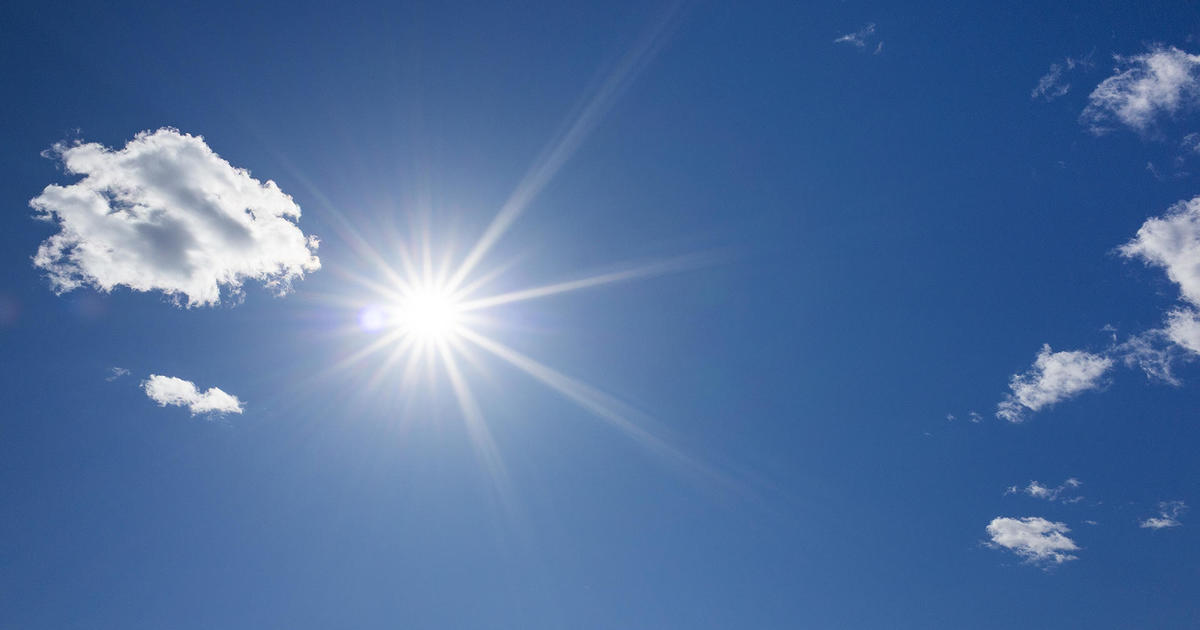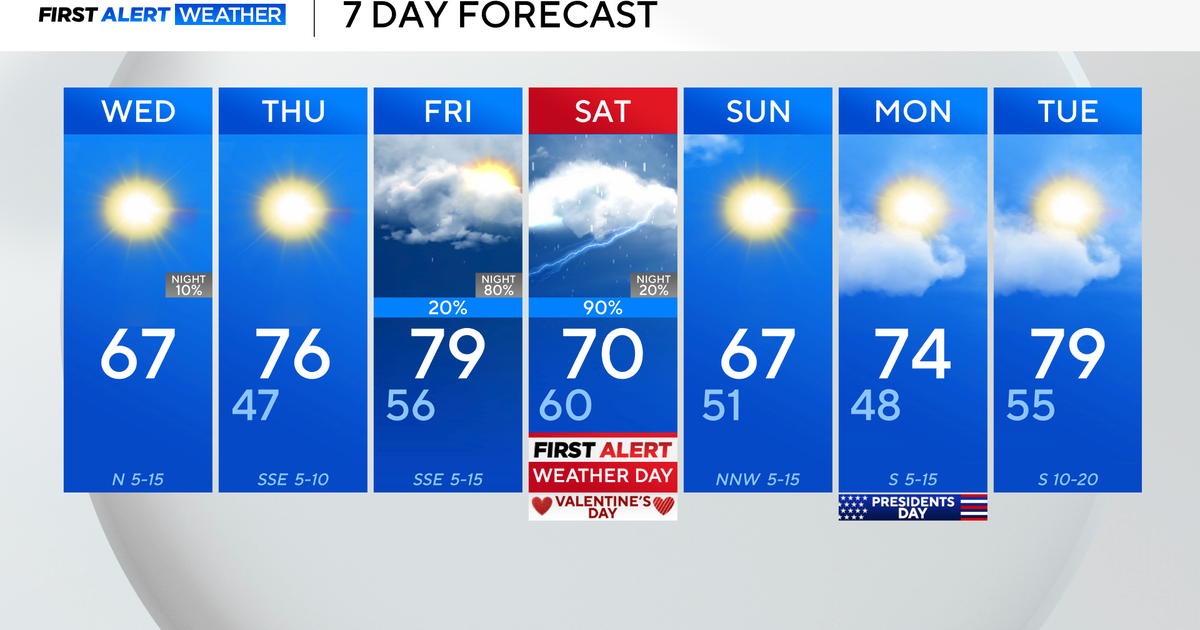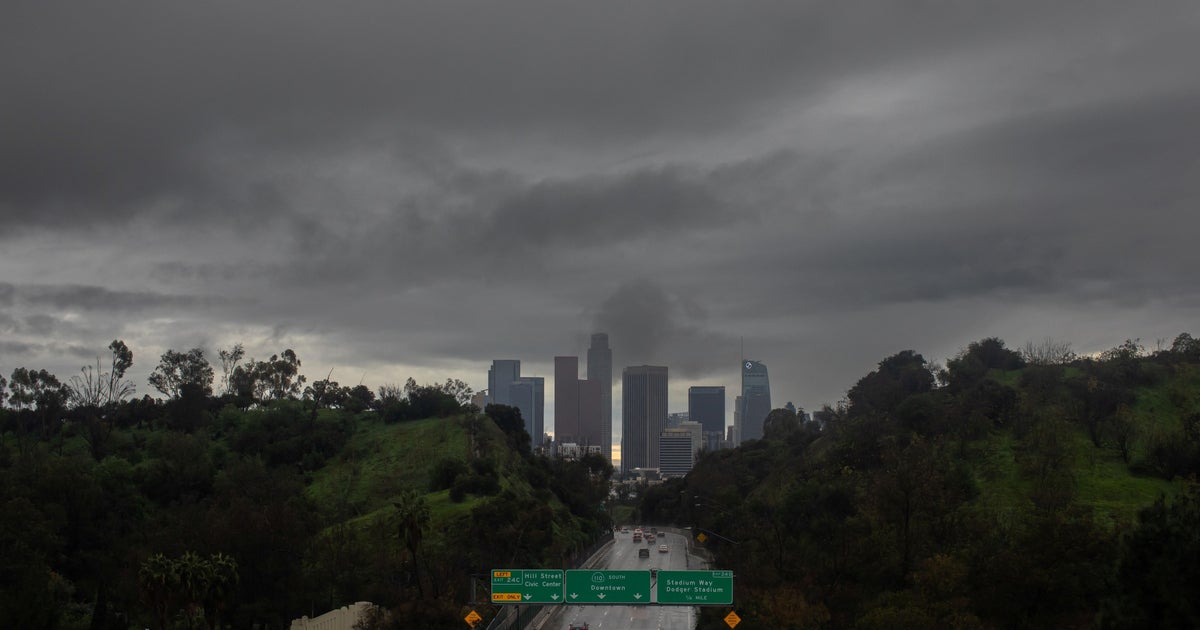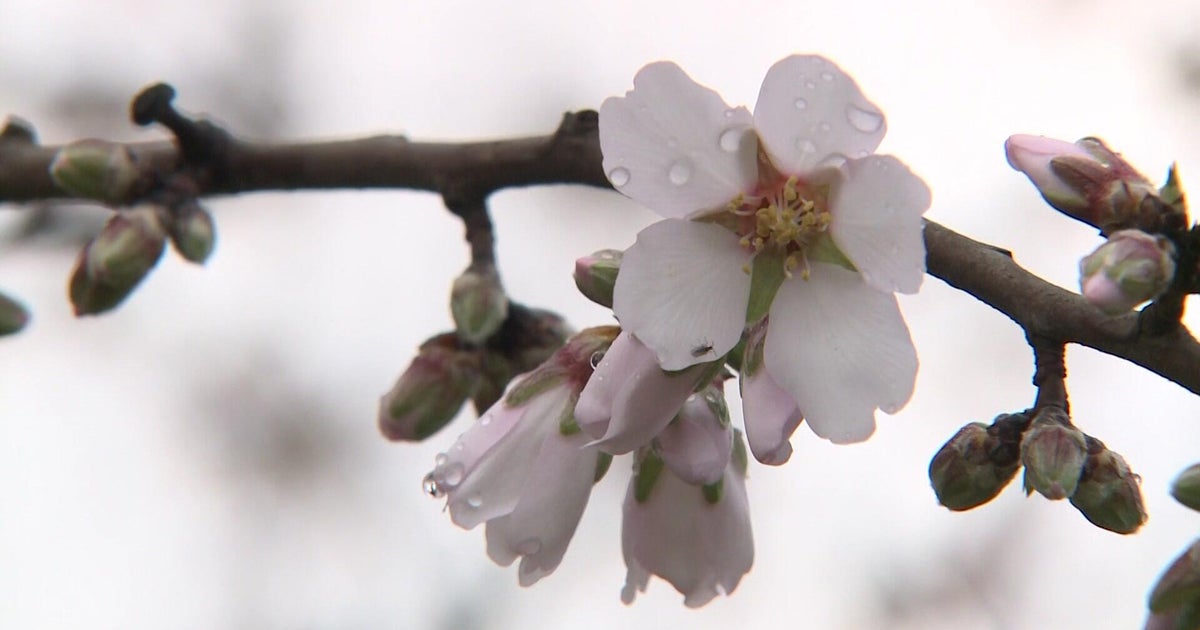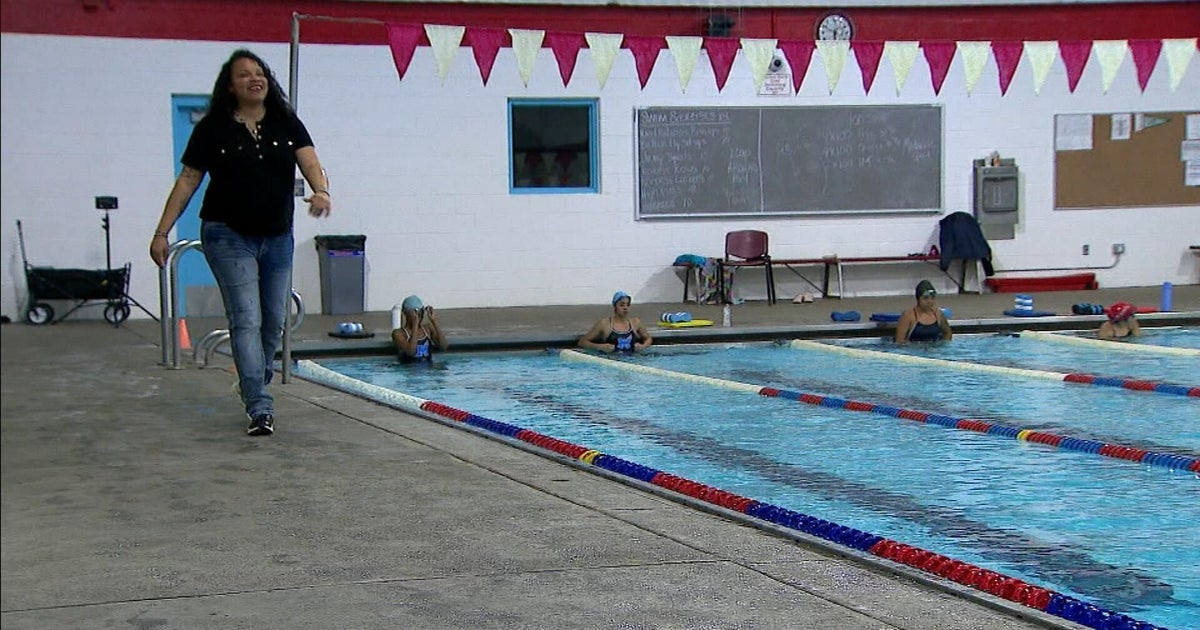Experts: Texas Drought Effects Will Linger After Rains
HOUSTON (AP) - The economic impact of a historic drought that has parched Texas and other parts of the Southwest will be felt for years, with ripple effects spreading nationwide as agriculture damage adds to increases in food prices, experts told a Texas legislative committee on Thursday.
Texas had an estimated $7.6 billion in agriculture losses last year, the driest in its history. Crops failed, ranchers sold or slaughtered cattle they couldn't afford to feed leading to the largest reduction in the state's herd since the Dust Bowl, municipalities spent millions on stop-gap measures to ensure they didn't run out of water and at least one community began trucking water into residents.
Food prices are expected to rise because Texas is third in the nation when it comes to agricultural production and the leading producer of beef.
But of even greater concern is the long-term, with experts warning Texas' climate is getting hotter and drier. This drought, some believe, is only a preview of what the future holds.
And so, as the House Natural Resources Committee heard testimony on the drought's effects and the state's preparedness, members asked what needs to change in the future. Committee chairman Allan Ritter noted that even after significant winter rains, two of the state's most important reservoirs -- Lakes Buchanan and Travis -- are more than half empty.
"What does that mean to us moving forward?" he asked. "This is the biggest threat we have in our economy now, is water."
Beginning in late 2010 and continuing in more than 80 percent of the state, the drought has been accompanied by record-breaking, triple-digit heat and unprecedented winds that contributed to the destruction of crops and fields.
Along with the $7.6 billion in agricultural losses estimated by the Texas AgriLife Extension Service, the State Comptroller's Office estimates an additional $3.5 billion in indirect losses, most of them in rural communities dependent on farming and ranching.
"It's certainly the worst that anyone's that's alive in Texas has ever seen in terms of drought damage to agriculture," Travis Miller, an agronomist with the service, told the committee.
The Natural Resources Committee is one of several legislative teams slated to investigate the drought, and members indicated Thursday that some new laws may be needed to better deal with future dry spells. They noted that while some communities banned all outdoor water use, other areas had no restrictions at all.
Some members looked to El Paso, the far West Texas desert city that gets about 8 inches of annual rainfall, as a beacon for the future.
There, they noted, residents live with year-round water restrictions. Since areas in Texas, such as Lubbock and Amarillo in the Texas Panhandle, fell into sub-desert conditions and got less rain last year than Arizona's desert, and San Antonio has long struggled to keep its aquifer full, there were suggestions such restrictions could be a useful tool in the future.
For now, though, many farmers and ranchers are just trying to get through this drought. Farm credit agencies warned that while most were able to float through 2011, they could be in trouble if the drought continues. Already, many are restructuring loans, and credit bureaus are offering generous benefits to ranchers looking to rebuild their herds.
However, it will take years for grass and pasture lands to recover, and it could take more than five years for the state's cattle inventory to be rebuilt, said Jay Evans with the Texas and Southwestern Cattle Raisers Association. More than 10 percent of ranchers were forced to sell all their animals, he said, and that trend will continue even after the drought ends as ranchers are still selling off calves immediately after they're weaned because grazing remains scarce.
"We're going to see further liquidation ... and the liquidations will happen faster than the rebuilding," Evans said.
(© Copyright 2012 The Associated Press. All Rights Reserved. This material may not be published, broadcast, rewritten or redistributed.)
Also Check Out:
